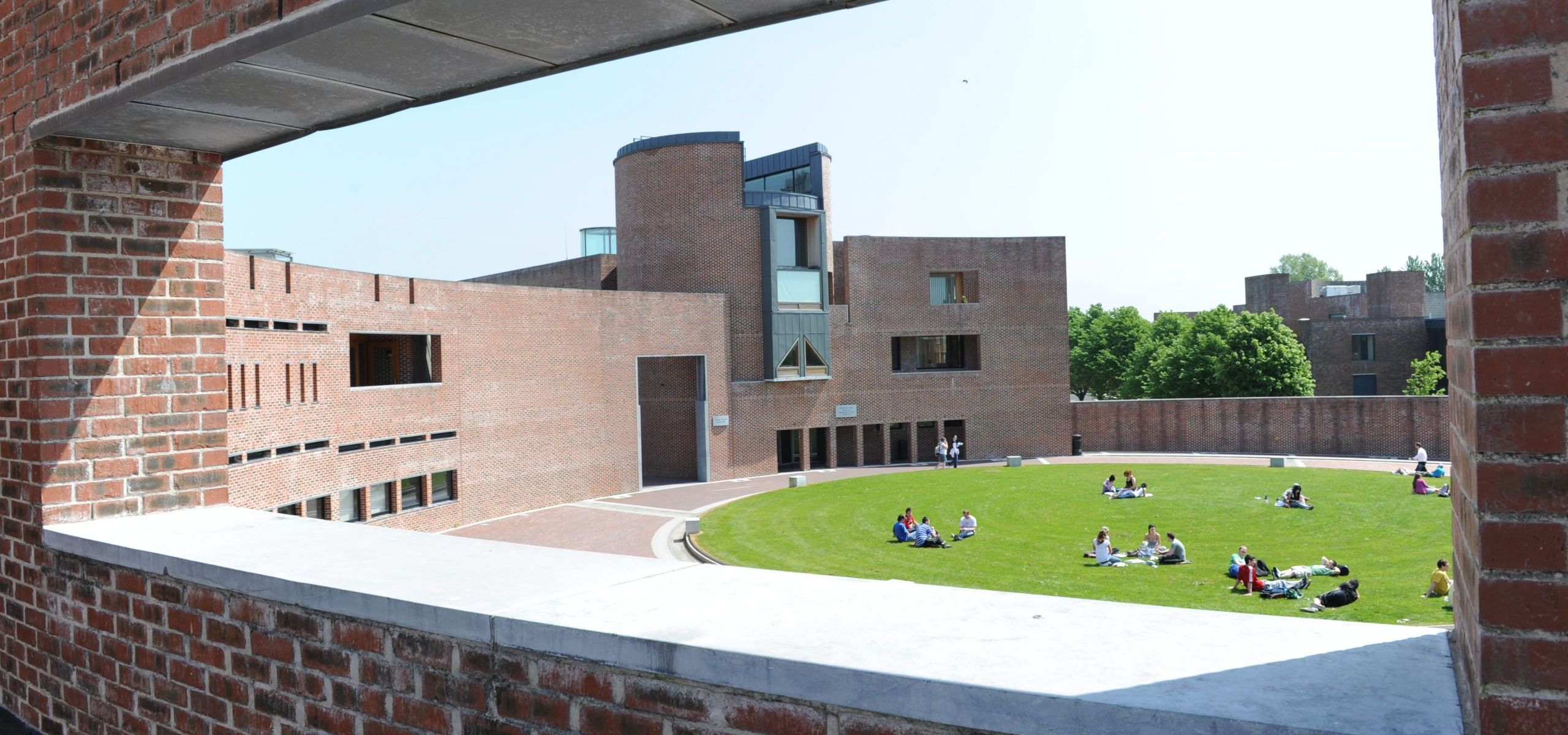For accommodation information and listings please visit http://www.cit.ie/studentlife.accommodation
One of the big challenges students face when starting college, or even returning to college, is finding accommodation.
Finding accommodation is one of those things you need to be careful with when it comes to finding the right one. There are also things you need to remember when living in college accommodation and when vacating your accommodation at the end of your tenancy.
This section aims to help you with making the transition to college a little easier with tips, types of accommodation, and a section on your rights as a tenant.
Accommodation this year is difficult to find. Contact the Accommodation Office in MTU for the most up to date listings or try daft.ie

